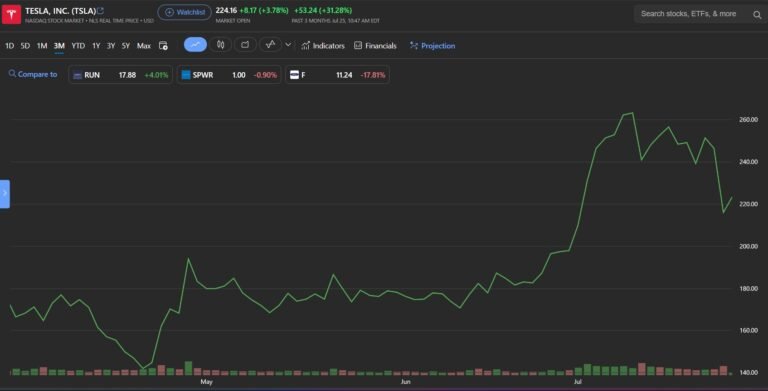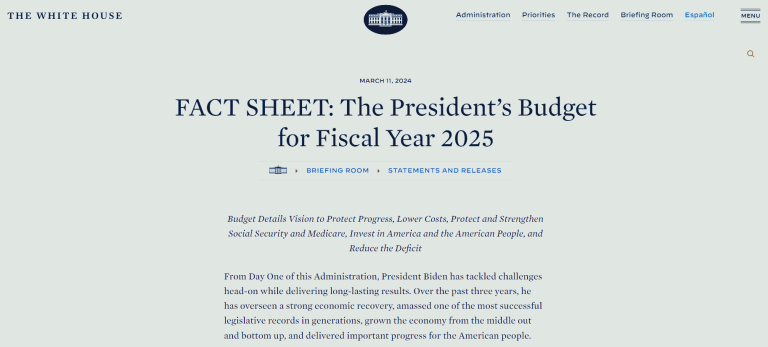Bitcoin’s Resilience in a Slowing Economy: A Comprehensive Analysis

The U.S. economy’s growth rate has slowed down significantly in the early part of 2024. Data released showed that the Gross Domestic Product (GDP) increased at a mere 1.6% annualized pace, falling short of the projected 2.4% growth. This deceleration reflects a broader uncertainty in the market, influenced by various global and domestic factors.
Bitcoin Maintains Stability
Amidst the economic slowdown, Bitcoin demonstrated notable stability. By noon Eastern Time, Bitcoin’s price had fallen less than 1%, maintaining a value above $64,000. This mild decline contrasts sharply with the performance of major stock indices like the Dow and NASDAQ, which both experienced drops of around 1%. This indicates a growing perception of Bitcoin as a “digital gold,” capable of acting as a safe haven during times of economic uncertainty.
Regulatory Developments and Market Impact
DOJ’s Crypto Enforcement Actions
The Department of Justice (DOJ) has been active, announcing enforcement actions that underline the regulatory challenges facing the cryptocurrency space. In one notable instance, the operators of the crypto mixer Samurai wallet were arrested for transacting over $2 billion as an unlicensed money transmitter. Such actions signal a tightening regulatory environment, which could have significant implications for the crypto market.
Impact of Regulatory Moves
Regulatory actions, while potentially disruptive in the short term, also bring clarity that can lead to greater stability and investor confidence in the long term. As the legal framework around digital currencies becomes more defined, institutional investors might feel more comfortable engaging with the crypto market, thereby increasing liquidity and stabilizing prices.
Innovations in Cryptocurrency Settlements
Launch of Anchorage Digital’s Atlas
Anchorage Digital introduced a new global crypto settlement service called Atlas, aimed at enhancing the efficiency of digital asset transactions. This platform allows for direct settlements of U.S. Dollars and digital assets on a blockchain, bypassing traditional intermediaries. Such innovations are critical as they provide more secure and efficient transaction methods, appealing to institutional counterparties.
Strategic Importance of Atlas
The Atlas network is significant as it is the only settlement network offered by a federally chartered bank, providing a blend of security, reliability, and regulatory compliance. This could be instrumental in driving further institutional adoption of cryptocurrency technologies.
Looking Ahead: The Future of Crypto Regulation and Adoption
Recent discussions, particularly by influential figures such as Congresswoman Maxine Waters, indicate that the U.S. could soon implement stablecoin regulation. This development is crucial as stablecoins represent a significant portion of digital transactions and their regulation could lead to broader crypto market stability.
Global Crypto Sentiment and Institutional Adoption
The global sentiment towards cryptocurrencies is gradually becoming more positive, with an increasing number of traditional financial institutions exploring crypto services. This trend is likely to continue as regulatory frameworks around digital assets evolve and mature, potentially leading to more robust and widespread adoption.
Conclusion
The resilience of Bitcoin in the face of economic slowdowns and the evolving regulatory landscape is a testament to the growing maturity of the cryptocurrency market. As new technologies like Anchorage Digital’s Atlas enhance the infrastructure for crypto transactions, and as regulatory clarity improves, the foundation is being laid for more stable and widespread adoption of cryptocurrencies. Moving forward, the interplay between economic factors and regulatory developments will be crucial in shaping the trajectory of the digital asset space.





